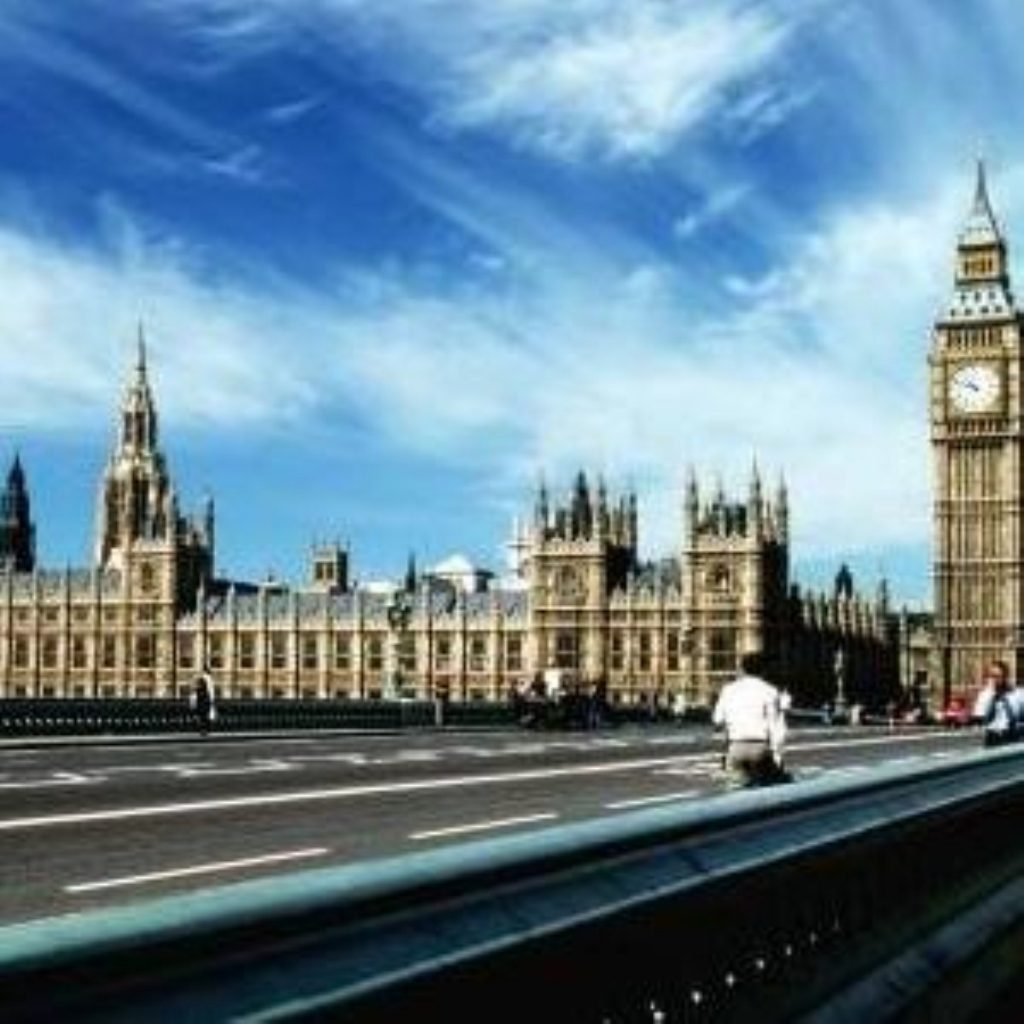Cabinet to approve Lords reform plans
The cabinet is today expected to approve proposals to reform the House of Lords, which suggest it should be made up equal numbers of elected and appointed members.
Jack Straw, the leader of the House of Commons, has drawn up the plans in an attempt to complete the reform of the upper chamber begun by Labour ten years ago.
It is thought all MPs – including ministers – will have a free vote on the proposals when they come before parliament later this year.
A white paper to be published next week is expected to suggest half the chamber be elected by proportional representation from party lists, for 15-year terms. Elections could take place on the same day as those for the European parliament.


Reports suggest political parties would continue to have the power to nominate members of the Lords, but for only 30 per cent of the chamber. The remaining 20 per cent of nominated peers would be chosen by the independent appointments commission.
In addition, it is thought the plans intend to cut membership of the Lords from 750 to about 550. The 92 hereditary peers who remain in the chamber would be offered a redundancy package, or could stay until they died.
Labour promised to reform the House of Lords when it came to power in 1997, and under the House of Lords Act 1999 swept away the majority of the hereditary peers and replaced them with political nominees.
However, the cash-for-honours affair has revealed the flaws in this system, which allows political parties to fill one chamber of the legislature with their supporters.
Several members of the cabinet are thought to be in favour of a majority elected House of Lords, including international development secretary Hilary Benn, who has previously argued for 80 per cent of members to be elected and the remainder co-opted.
The arguments over the future of the upper House have led to deadlock in the past – several attempts to continue the reform in 2003 and 2004 failed because MPs could not agree – but the government is keen that this attempt should get through.
As a result, it is thought MPs will be asked to vote on each option in turn, until one gains a majority of support.









